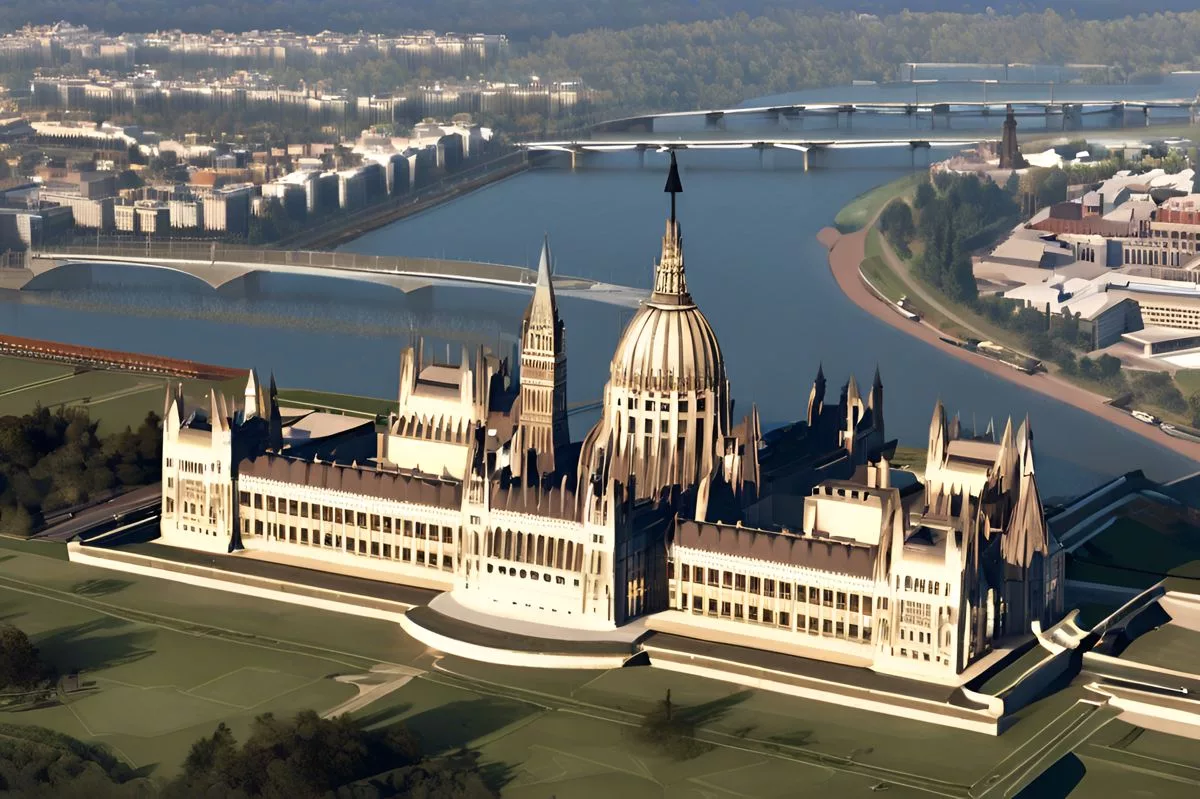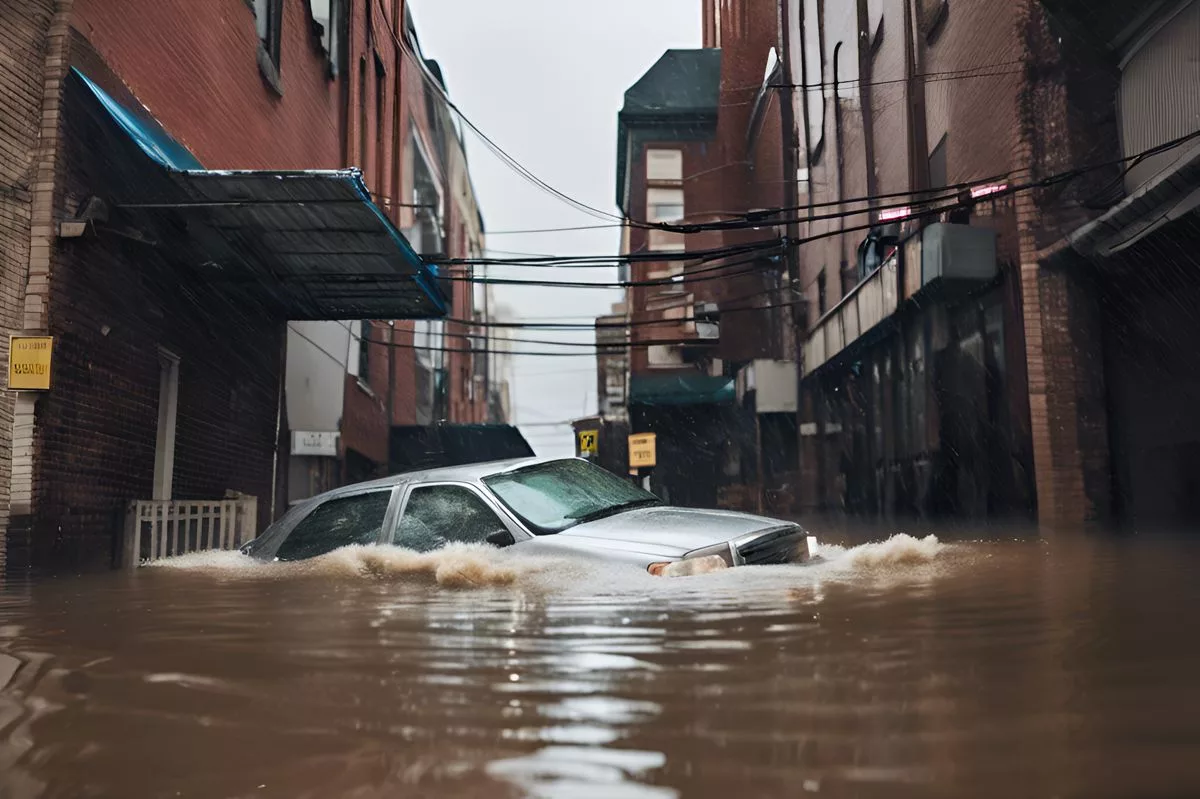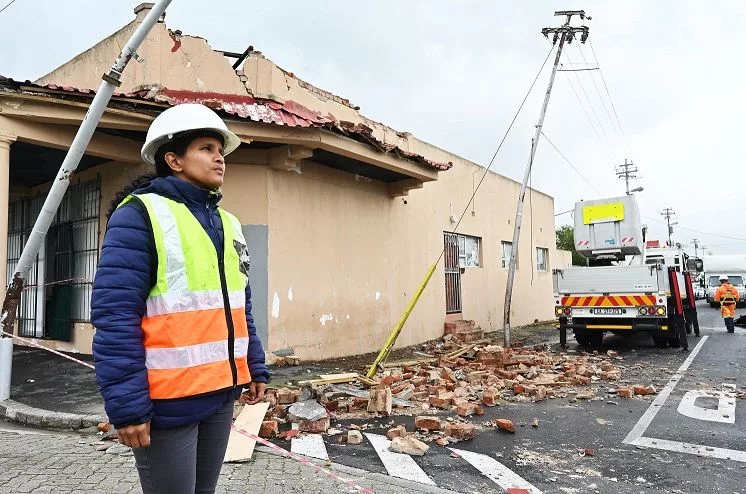Experience the vibrant heartbeat of democracy in South Africa’s National Assembly, where diverse voices come together to forge crucial budgetary choices through a dynamic confluence of diplomacy and negotiation. With a commitment to inclusivity and transparency, the Assembly invites media participation and digital outreach to sustain the transparency essential for strong democracies. Witness the intricate ballet of democracy and explore the archives to understand South Africa’s enduring commitment to inclusive policy-making and legislative history.
The Heartbeat of Democracy – South Africa’s National Assembly
Discover the bustling hub of South Africa’s democracy in the National Assembly, where crucial budgetary choices are forged through a dynamic confluence of diverse voices. Witness the intricate ballet of diplomacy and negotiation beneath the imposing dome of the Parliament building, and experience the commitment to inclusivity and transparency through the invitation to media participation and digital outreach.
A Glimpse into the Center of Power
Imagine yourself in the lively hub of South Africa’s democracy: the National Assembly. This bustling nucleus of power is where the nation’s crucial budgetary choices are forged. Here, a dynamic confluence of voices champion diverse concerns in a continuous balancing act between varied priorities. The intricate ballet of diplomacy and negotiation takes place beneath the imposing dome of the Parliament building.
A Day in the Assembly: A Symphony of Voices
As dawn breaks on Friday, July 12, 2024, the National Assembly is already humming with activity and expectation. Extended Public Committees, essentially smaller versions of Parliament, are scheduled to kick off. These committees offer a crucial forum for open debate, where delegates grapple with different aspects of the national budget.
These Extended Public Committees play a pivotal role in fostering public engagement, leading to a sense of collective ownership of the budget. These platforms invite rigorous examination, where parliamentary oversight strives to optimize fund allocation and minimize wasteful spending, resulting in efficient governance.
As the clock tolls ten, the initial committee sessions commence. The debates that ensue are fired up by a shared obligation, the tenets of openness, and the democratic spirit engrained in the nation’s psyche. The discussions are wide-ranging, encompassing crucial sectors from public service and administration, government communications, to water and sanitation.
Embracing Transparency and Inclusivity
Amidst the frenzy of deliberation and decision-making, there persists a commitment to inclusivity and transparency. The National Assembly extends an invitation to the media to participate in these mini-plenaries. Journalists, photographers, broadcasters, and the wider media community are provided a front-row seat to the democratic proceedings. The media plays a vital role, acting as the channel through which the public can access these debates, sustaining the transparency essential for strong democracies.
As the day transitions into the afternoon, the intensity of the discussions remains unbroken. Starting at 14:00, the debates turn their attention to the National Treasury and Small Business Development. These conversations highlight the Assembly’s unwavering dedication to boosting economic growth, curbing inequality, and advocating for fiscal responsibility.
The Digital Outreach of Parliament
Amid these fervent discussions and crucial choices, the Parliament boosts its digital presence. Live broadcasts on Parliament TV, social media engagement, and live streams on YouTube bring the Assembly’s proceedings within reach of the public. Interested individuals can subscribe to the Parliament’s YouTube channel, stay tuned to the live streams, and engage in the conversation on Twitter and Facebook.
The day’s events stand as a tribute to the lively democracy South Africa has fostered, embodying its principles of transparency, participation, and accountability. As the day draws to a close, the Parliament of the Republic of South Africa remains a symbol of the nation’s shared determination and resilience.
A Glimpse into the Archives
Meanwhile, nestled within the Constitutional Court, the official copies of Acts of Parliament signed by the President are safeguarded, a quiet testament to the nation’s evolving legislative history.
The National Assembly shines as a powerful symbol of democratic governance, an affirmation of South Africa’s enduring commitment to inclusive policy-making. As we anticipate the proceedings of the forthcoming Extended Public Committees, we reflect on the crucial role these sessions play in shaping the nation’s future, one budget vote at a time.
Democracy in Action
For those curious about the inner workings of democracy, why not plan a tour or attend a debate? Better yet, head straight to the Parliament of the Republic of South Africa, where history is being crafted, one legislative act at a time.
Dedicated members like Ms. Thokozile Sokanyile, a member of the African National Congress from the regional list for Eastern Cape and an integral part of essential committees, tirelessly strive for the country’s improvement. Their dedication to their roles exemplifies the democracy that South Africa exemplifies.
As we reflect on these events and look forward to the forthcoming sessions, we realize the power of democratic governance, the importance of transparency, and the crucial role we all can play, be we parliament members, media personnel, or engaged citizens. After all, a democracy flourishes when we all participate.
1. What is South Africa’s National Assembly?
South Africa’s National Assembly is the bustling hub of the country’s democracy, where diverse voices come together to forge crucial budgetary choices through a dynamic confluence of diplomacy and negotiation.
2. What happens in Extended Public Committees?
Extended Public Committees are smaller versions of Parliament that offer a crucial forum for open debate, where delegates grapple with different aspects of the national budget. These platforms invite rigorous examination, where parliamentary oversight strives to optimize fund allocation and minimize wasteful spending, resulting in efficient governance.
3. How does the National Assembly embrace transparency and inclusivity?
The National Assembly extends an invitation to the media to participate in mini-plenaries. Journalists, photographers, broadcasters, and the wider media community are provided a front-row seat to the democratic proceedings. Additionally, the National Assembly boosts its digital presence through live broadcasts on Parliament TV, social media engagement, and live streams on YouTube.
4. What is the role of the media in the National Assembly?
The media plays a vital role, acting as the channel through which the public can access debates in the National Assembly, sustaining the transparency essential for strong democracies.
5. What is the National Assembly’s commitment to economic growth?
The National Assembly is committed to boosting economic growth, curbing inequality, and advocating for fiscal responsibility. The debates in the National Assembly highlight the Assembly’s unwavering dedication to these principles.
6. How can people engage with the National Assembly?
Interested individuals can subscribe to the Parliament’s YouTube channel, stay tuned to the live streams, and engage in the conversation on Twitter and Facebook. For those curious about the inner workings of democracy, they can plan a tour or attend a debate in the Parliament of the Republic of South Africa.












